
A new research network has been launched, to look at factors that affect female experiences of running, walking and climbing in the British hills. The result will be a set of recommended measures to improve women's access to outdoor leisure and the uplands.
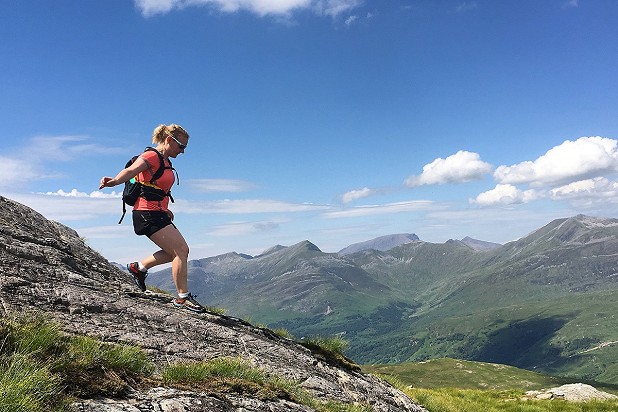
A recent study estimated that only 35% of participants in general outdoor activities, and 20% in mountain sports, are female. To that we can add the fact that just 13% of respondents in the latest UKC/UKH Reader Survey identified as female. The inclusion of women's voices in cultural accounts is similarly muted: nature writing anthologies and outdoor journalism, for instance, are still male-dominated.
Only 20% of participants in mountain sports are female
Funded by the Arts and Humanities Research Council, the Women In The Hills (WITH) network brings together academics from the University of Newcastle, University of Manchester, and Edge Hill University alongside project partners Girls on Hills and PelvicRoar, and representatives from the John Muir Trust, National Trust and Forestry Commission.
Together, members will look at factors that have shaped women's experiences from the beginnings of outdoor leisure in the early 1800s to the present day, and will work to produce a series of guidelines aimed at increasing female participation in the outdoors over the coming decade.
Izzy Filor, a conservation officer with the John Muir Trust, said: 'The John Muir Trust are really excited to be working with a diverse group of organisations as part of this research network. We hope that the WITH research network will inspire and support people to experience wild places, especially those who may not currently feel able to.'
- For more information, see womeninthehills.co.uk or via Twitter @WomenInTheHills
So what is preventing gender parity in the hills?
We asked Mountain Leader and fell running guide Keri Wallace, a member of WITH, to talk about her own experience.
"When I'm asked if I have ever experienced any discrimination or barriers getting into the outdoors as a woman, my first instinct is to say no" says Keri.
"But if I look closely, I can see that maybe it wasn't as easy as it should have been. The difficulties were so subtle that I didn't see them as barriers. In fact, I didn't really expect any different - and therein lies the rub."
Barrier is a strong word. It's not like there is literally a blockade across the trail. But a concern that worries you to the point where you just don't go has the same effect
Early steps
"I was an adventurous, sporty and physically capable child – and thankfully I didn't get put off easily. My first experience of rock climbing was aged 12, when I signed up for a school trip. I was one of only two girls, and spent a week with boys and male climbing instructors but it didn't bother me one bit. I took to it like a fish to water. But I had nowhere to go – no club, no network, no pathway.
"I didn't climb again until I went to university aged 18. I took my retro kit along to the university climbing club and tried again. There weren't any female climbers there and the guys were pretty focused. I didn't feel welcome, so I didn't come back.
"Many years later, aged 26, I went on a Three Peaks Challenge event, having never been in the mountains before. On the way home I abstractly bought a climbing magazine in a service station. I distinctly remember seeing an amazing shot of a woman climbing and thinking 'I wish I could do that – but I can't.' Thankfully something had changed in me that day and I decided to take matters into my own hands. I wanted to get back into the mountains, but I wanted to do it right, to do it safely. And so began a driven and self-directed journey into becoming a climber.
"After getting some instruction I started top-roping anything I could find and with anyone (sorry dad). I looked everywhere for climbing partners and climbed with all kinds of characters. I got hit-on a lot, but I didn't let that put me off. I joined the South Devon Mountaineering Club and went hillwalking and ghyll scrambling with any gnarly old dudes who would take me along. I was desperate for a mentor.
"After I qualified as an RCI (was SPA), I met my now husband, a climbing and outdoor instructor, and it was really this that opened up a future in the outdoors for me. I had found someone to share my new passion with and someone who knew the way. Someone who respected me for what I could do and who would always push me to do more."
Making a difference
"Today I work as a running guide in the Scottish Highlands, since my climbing has taken a major back seat after having two kids" says Keri.
"I run a women's guided running company called Girls on Hills, which aims to help women gain the skills and confidence they need to become independent in the mountains, and to improve accessibility for women. We have recently become project partners in the WITH network.
The number of women in instructor and leadership roles is slowly creeping up, allowing women to identify and feel inspired in equal measure
"As someone who works to identify and challenge the barriers women face in accessing mountain sports in the UK, I'm always surprised (and thrilled of course), to hear that some women think there are no barriers at all. The reason for this is twofold. Firstly, things are changing, and changing fast. We are seeing more and more female role models in the industry and we're celebrating incredible female achievements. The number of women in instructor and leadership roles is slowly creeping up too, allowing women to identify and feel inspired in equal measure."
"Secondly, most of the barriers that exist are 'perceived' rather than 'real', and so not everyone experiences them. When I ask my clients what holds them back most say navigation skills. Can women navigate with a map and compass? Of course. But still most feel that they're not good at it, or would usually defer to their husbands or partners (in a self-perpetuating cycle of de-skilling). In a nutshell, many women lack confidence and find it hard to step into a leadership role with the map.
"I remember the first time I had to step up. I let it get dark and walked for hours in the wrong direction before telling my walking partner that I thought we were going the wrong way (he wasn't happy). I've done it in winter too, pressing on into pretty unfavourable conditions before finding the nerve to pipe up and insist on retreat. I had naturally assumed that he knew better than me. And I'm no shrinking violet.
"Barrier is a strong word. It's not like there is literally a blockade across the trail. But a concern that worries you to the point where you just don't go has the same effect. Some women worry about how to go for a pee in the open, some feel body conscious, some fear looking flushed from exertion or are embarrassed by their fitness. When you're always behind the guys or at the back of the group it's easy to tell yourself you're somehow not good enough or strong enough. But in my experience, most women downplay or underestimate what they are capable of. We are the product of generations of repressed women and we're cautious. But we don't need treating with kid gloves. The women I meet have real determination and a tendency to want to do things thoroughly. It seems to me that women are less likely to just have a go, to serve an apprenticeship built on trial and error.
"Maybe we're seeking something different from our male counterparts, maybe not. Either way one thing is certain, we still experience the outdoors differently."



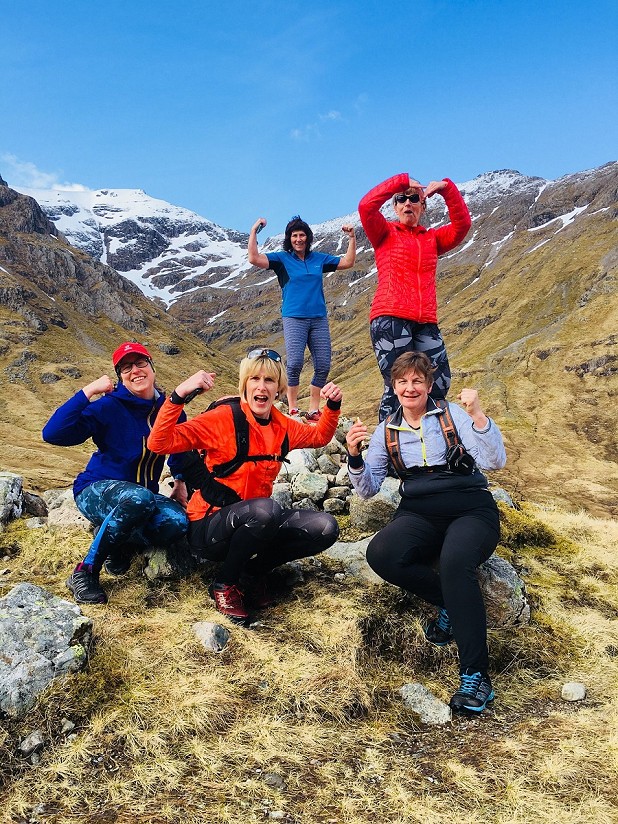
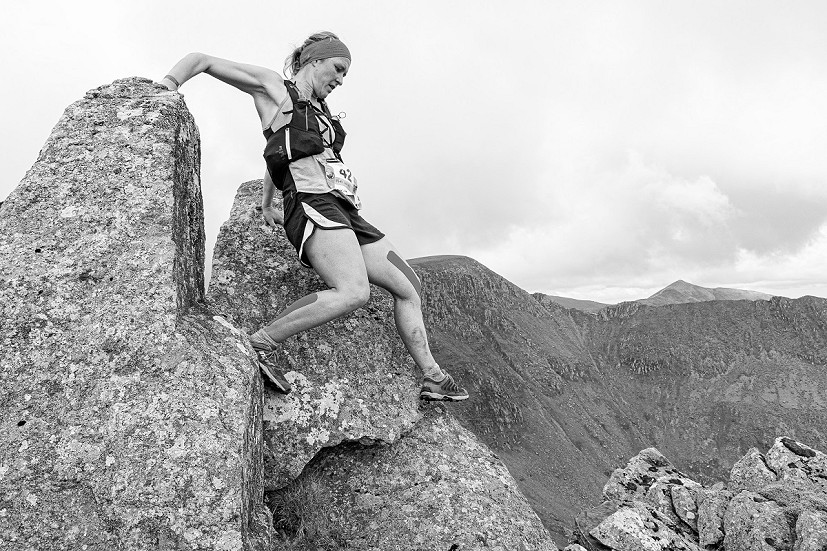
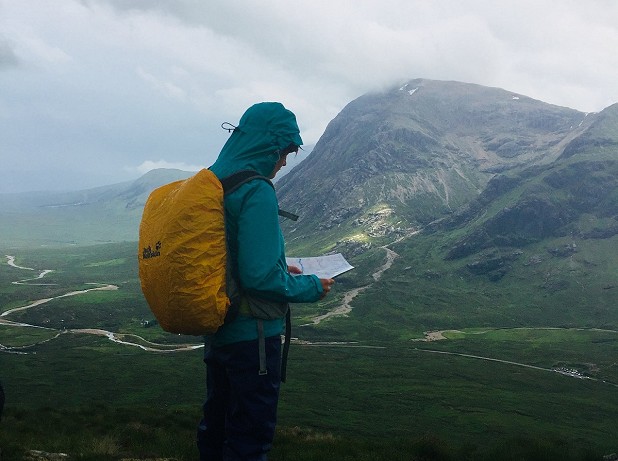



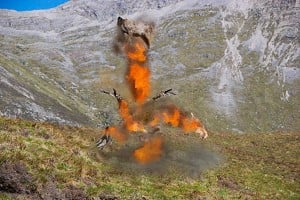
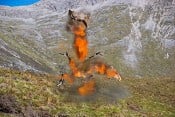

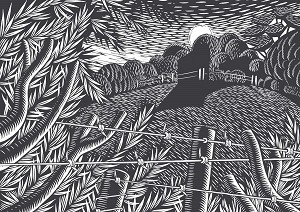
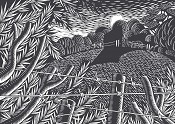
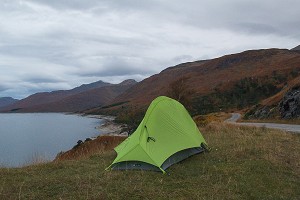
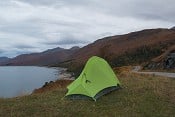
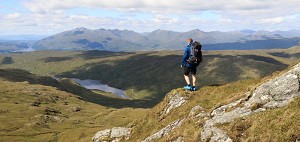

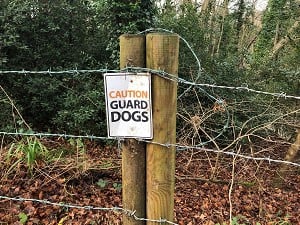
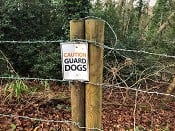
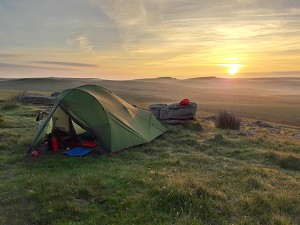
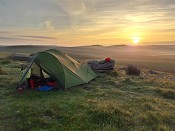
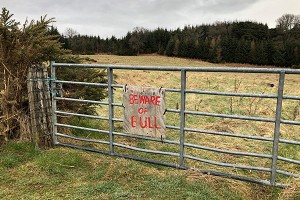
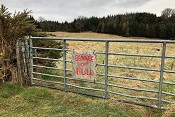
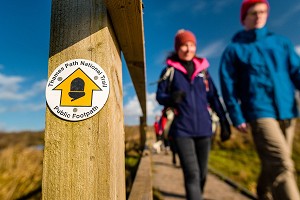
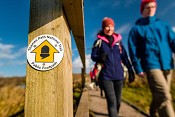
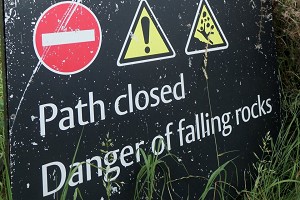
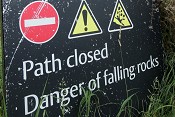
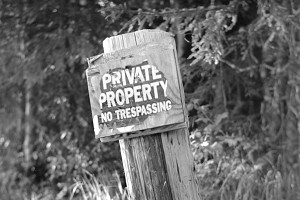
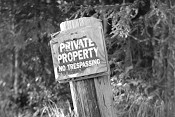
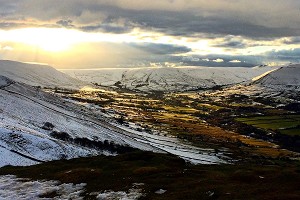
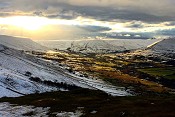
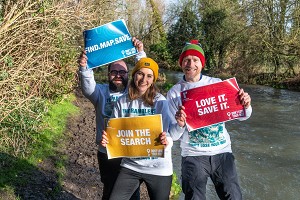
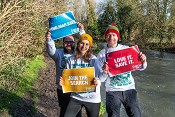
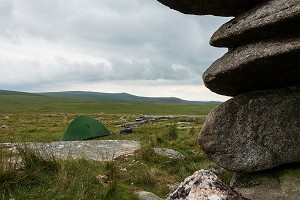
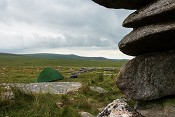
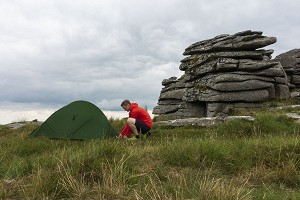
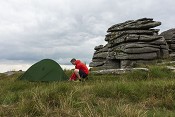
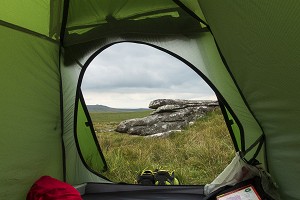
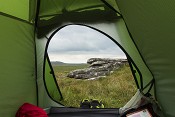
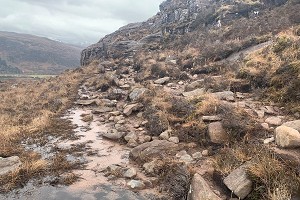
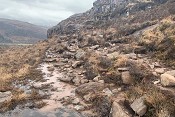
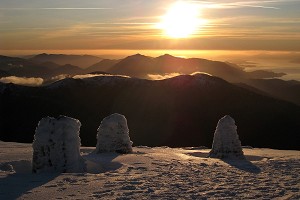
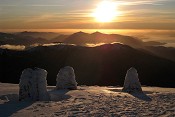
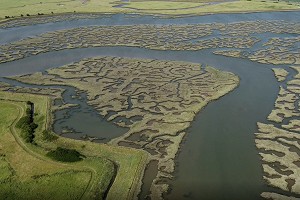
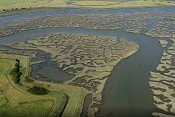
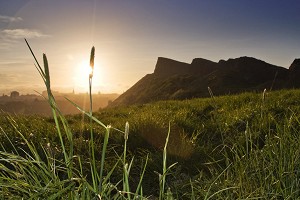
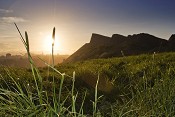
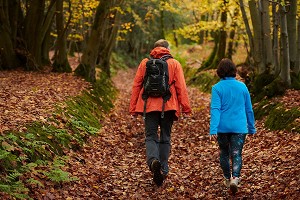
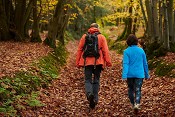
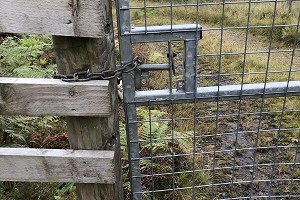
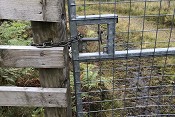
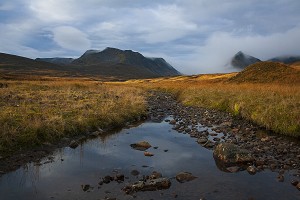
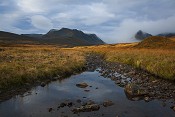
Comments
I am one of those who definitely hasn't experienced any barriers to the outdoors, and don't identify at all with people saying there are barriers, and I agree that barriers that are there are perceived rather than real generally. However, being of the age where many of my friends are popping out sprogglets, I can see that there is still a norm that women care for children more than men, and so are less likely to go out for a day into the hills than their partners are. It seems more selfish and frivolous. I see this as less of an outdoors issue and more a society issue. Even thought I don't have kids, my mum still scathingly asks if I was "just out playing myself" when I have been in the hills or climbing etc (I guide and instruct for a living - heaven forbid I might just go out and enjoy a day in the hills for pleasure!). I feel these sorts of barriers are probably bigger than anything we can change in the outdoor community. I guess I am just lucky that I have always been independent and stubborn, and shrug off derogatory comments from the likes of my mother.
Well said.
I am not too sure what to make of all this. My wife and I climbed as a team then we had children , now they have both left and my wife has started climbing again. She packed in climbing as soon as she was pregnant. That was her decision. She has a very successful career.
last October we had our first overseas trip without our girls to red rocks. We continually met younger women climbing as teams together who were just flabbergasted that my wife had restarted climbing after the children had grown up. The funniest were 3 Canadian women in their early 20’s who just could not get over this and commented that their is life after children .
life is what you make of it .
I'm not saying I think it's how it should be, but my observation from friends with kids is that this seems to be the case predominantly. And I suspect it's not just the outdoors, I think many women put their own interests on hold when they have kids. I'm sure sometimes it is entirely their own free choice, but I think there is also a societal pressure about the "perfect mum" being all about her kids and nothing else, and also partners who maybe aren't so pro-active at sharing the childcare enthusiastically etc. There are presumably many reasons behind it.
I am happily childless and have a fluffy eared hill companion to take with me :-)
The article can be taken as a veiled attack on women who do not follow the so called "golden path" of climbing etc.I always step back and say climbing and the outdoors is not the be all and end all,there are plenty of other great things to do. Its one of the issues I have with articles etc like this, it assumes there are no alternatives.There are plenty equally as enriching and fulfilling.
Glad you are happy which is the most important.